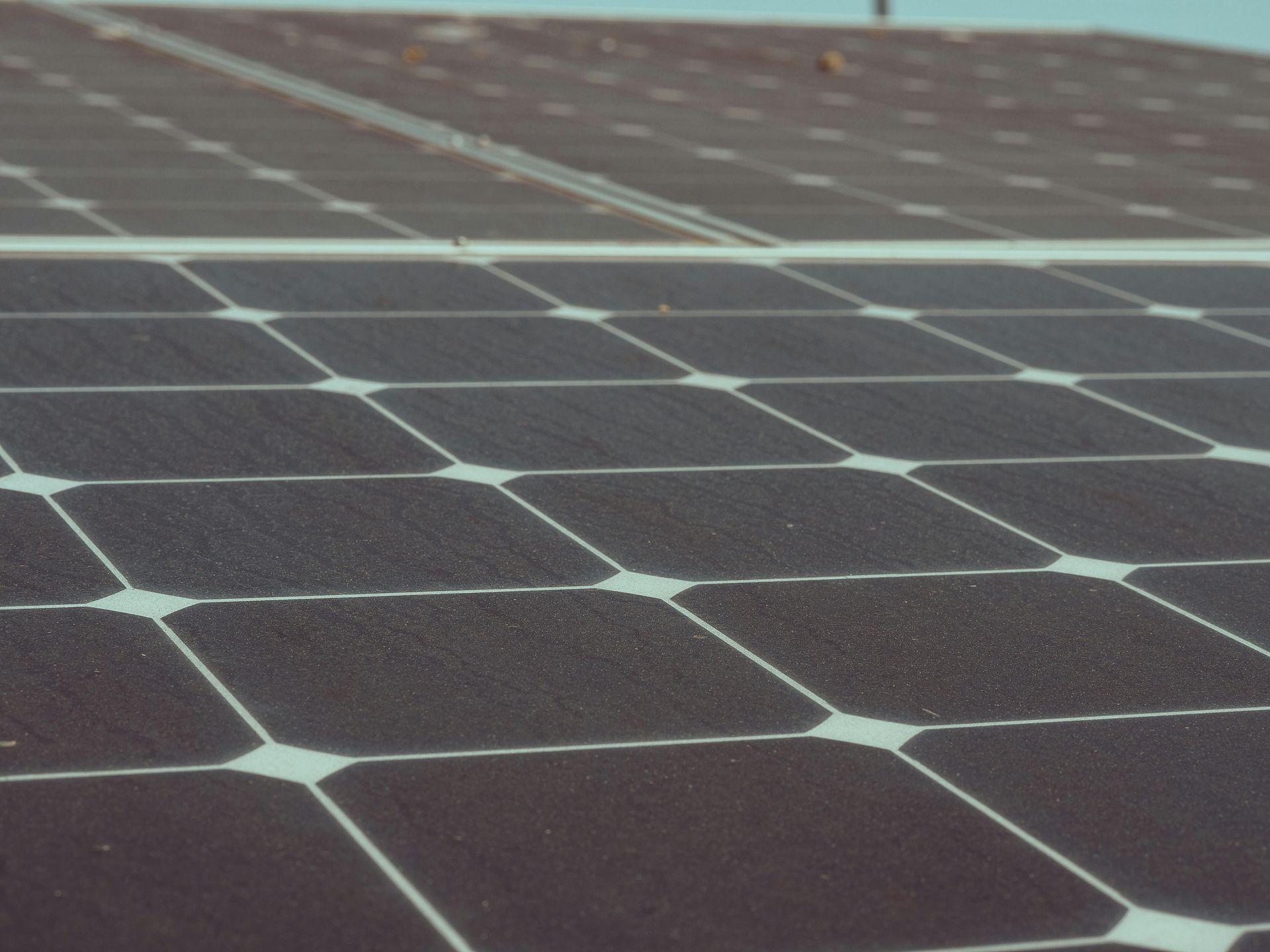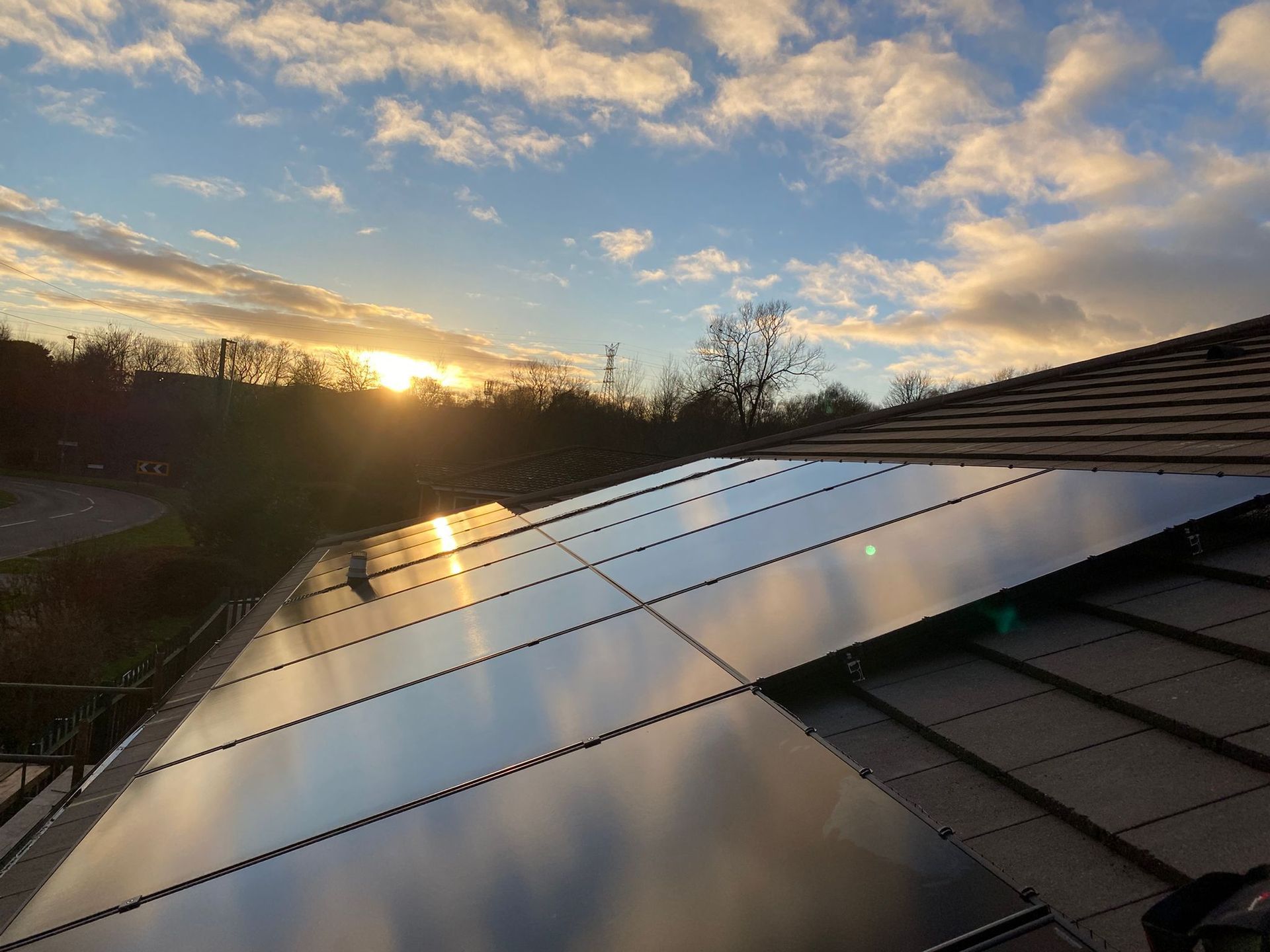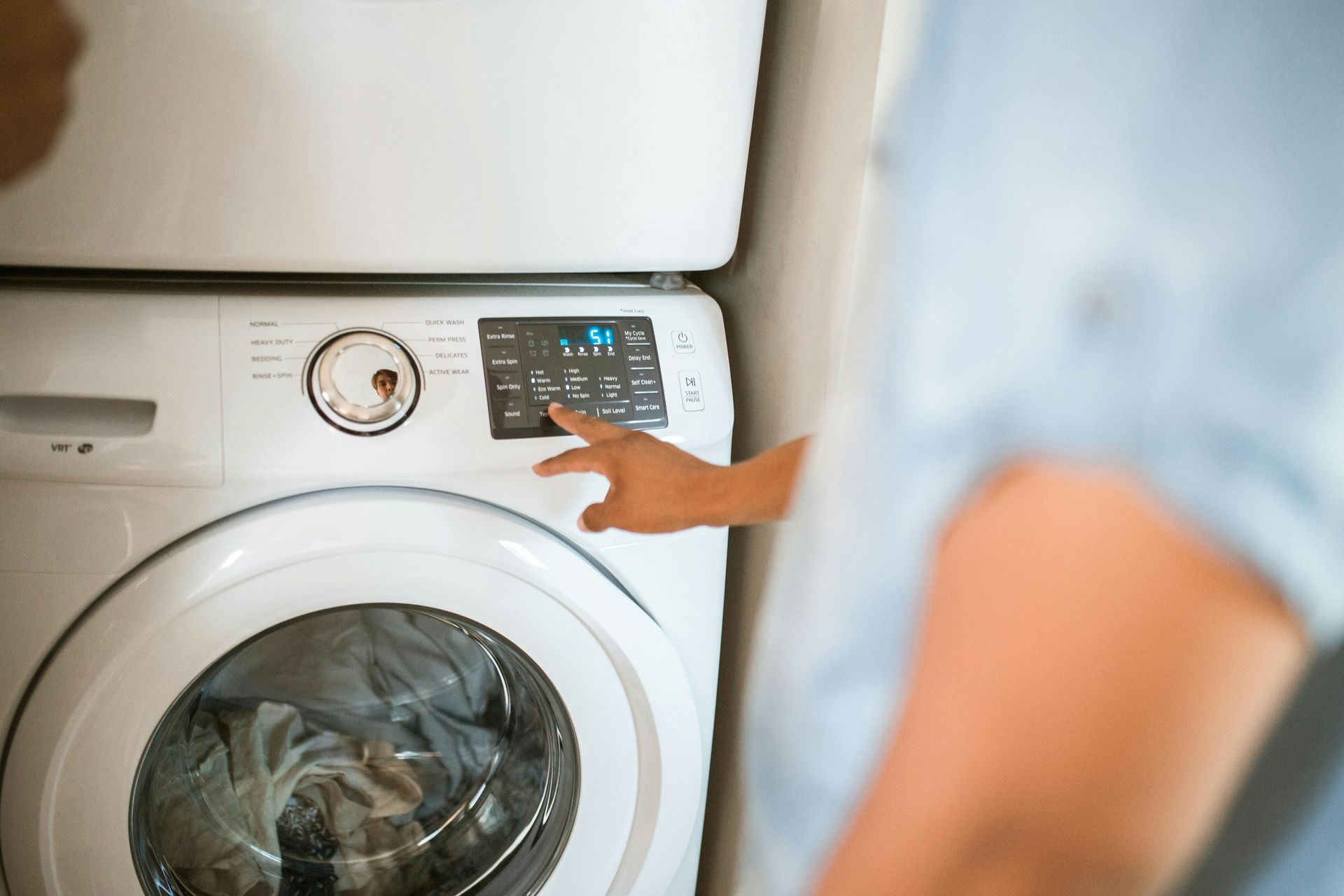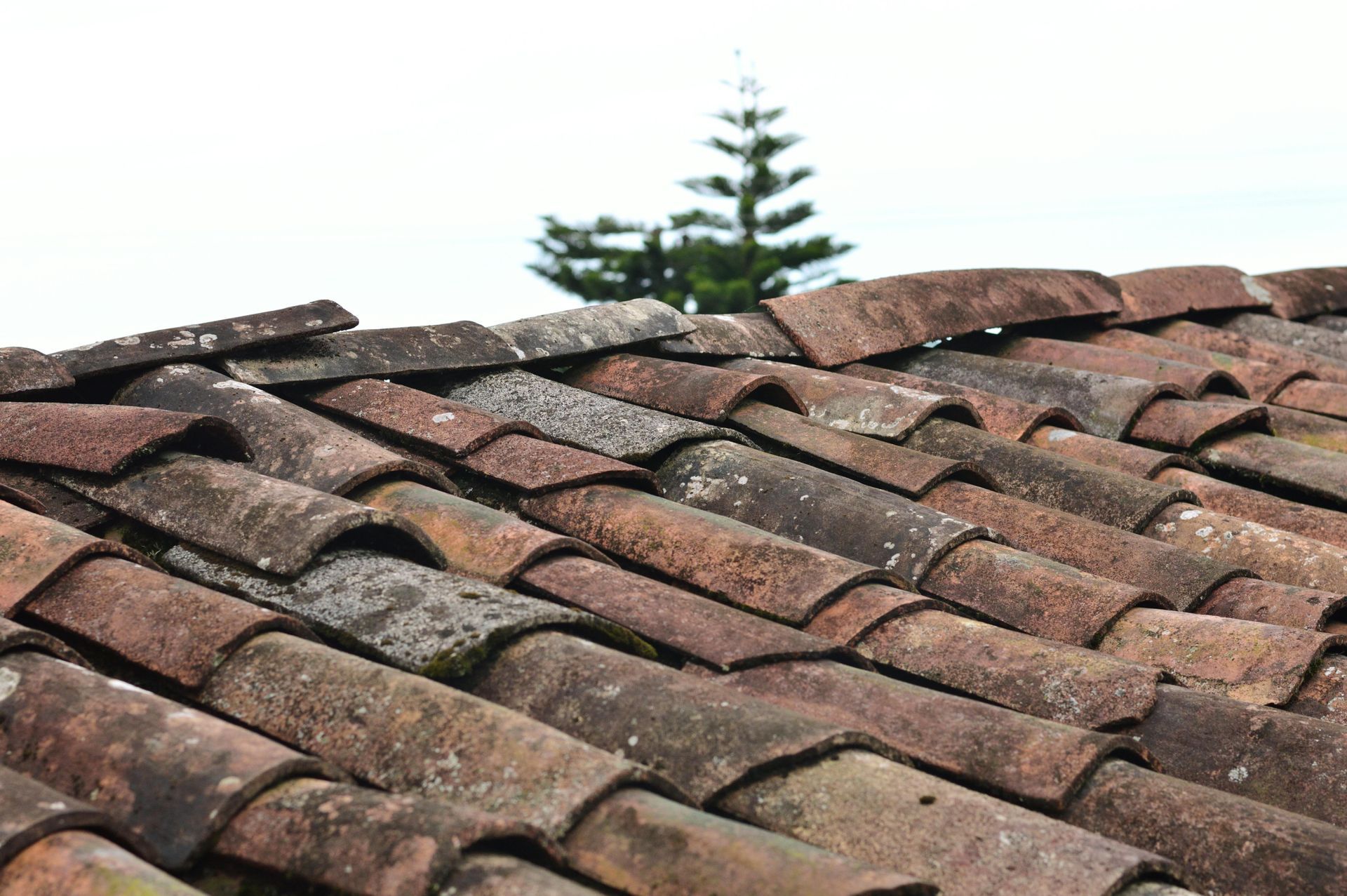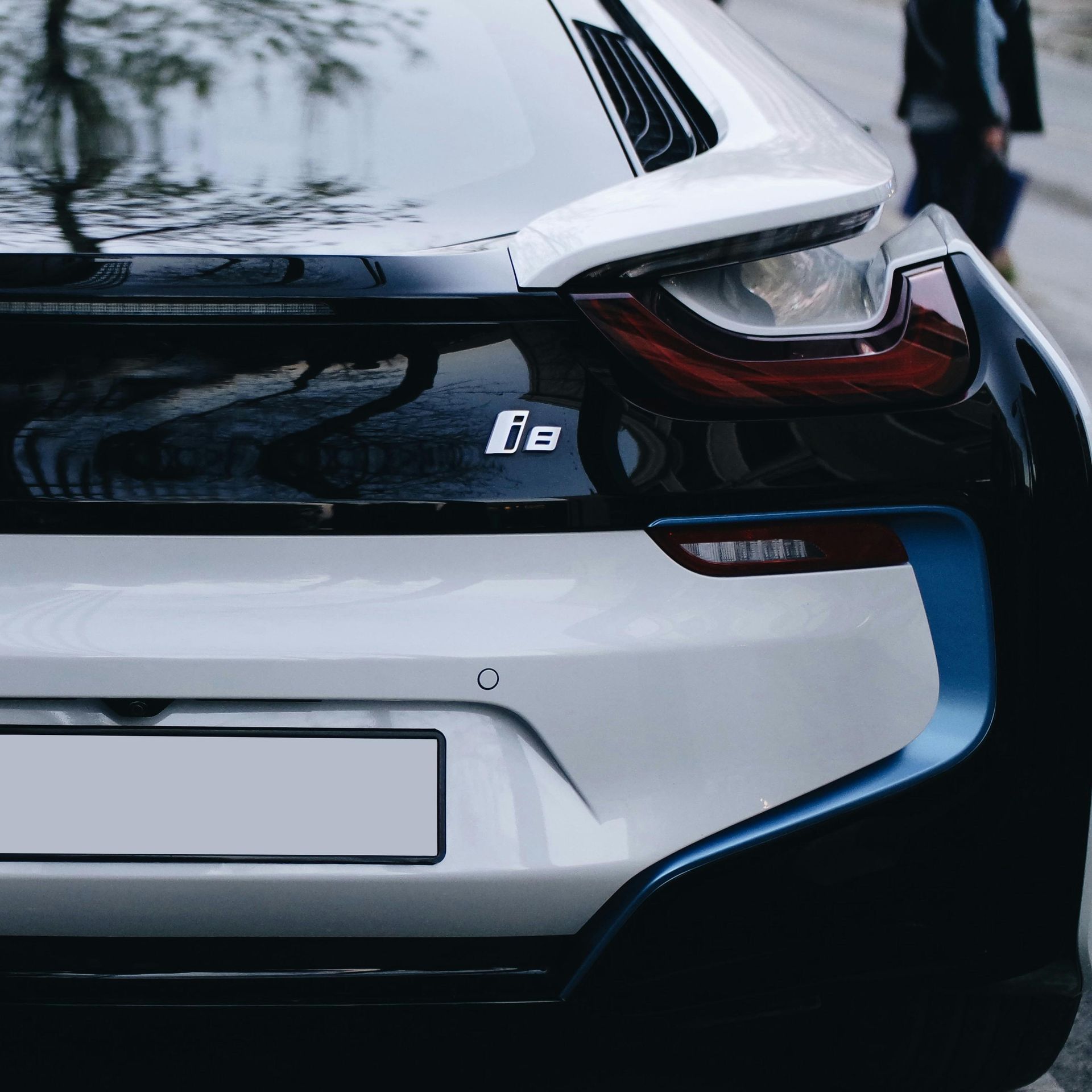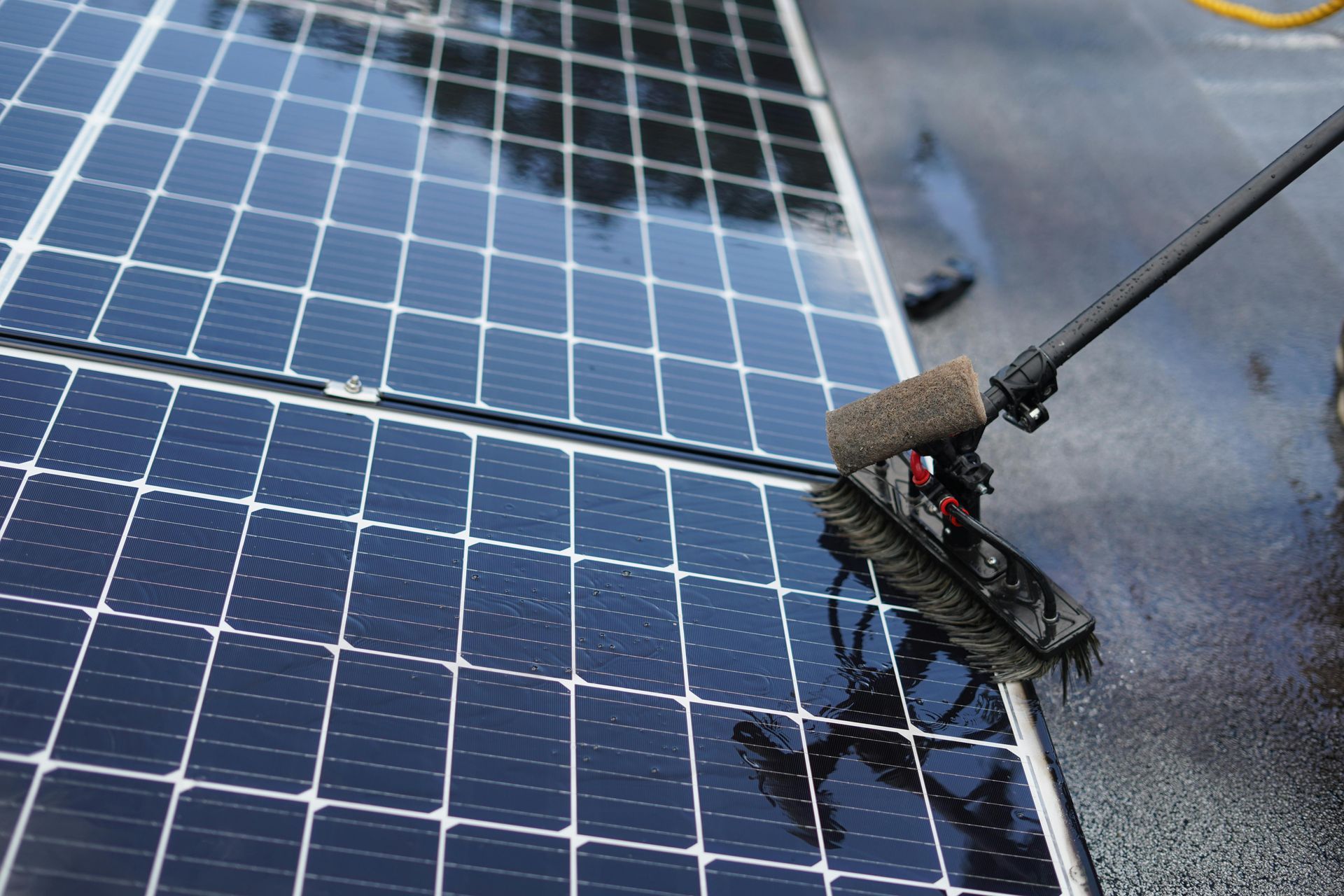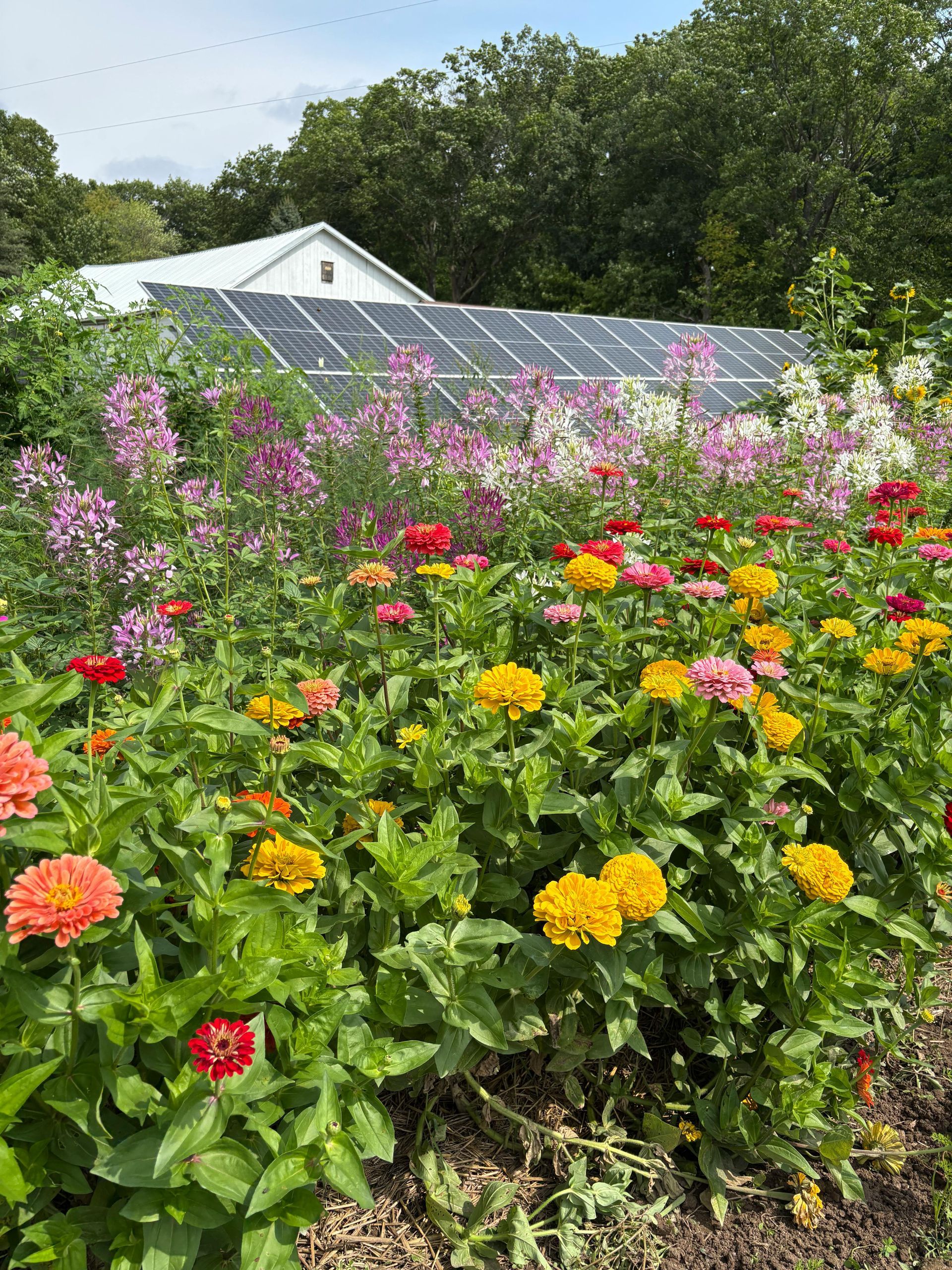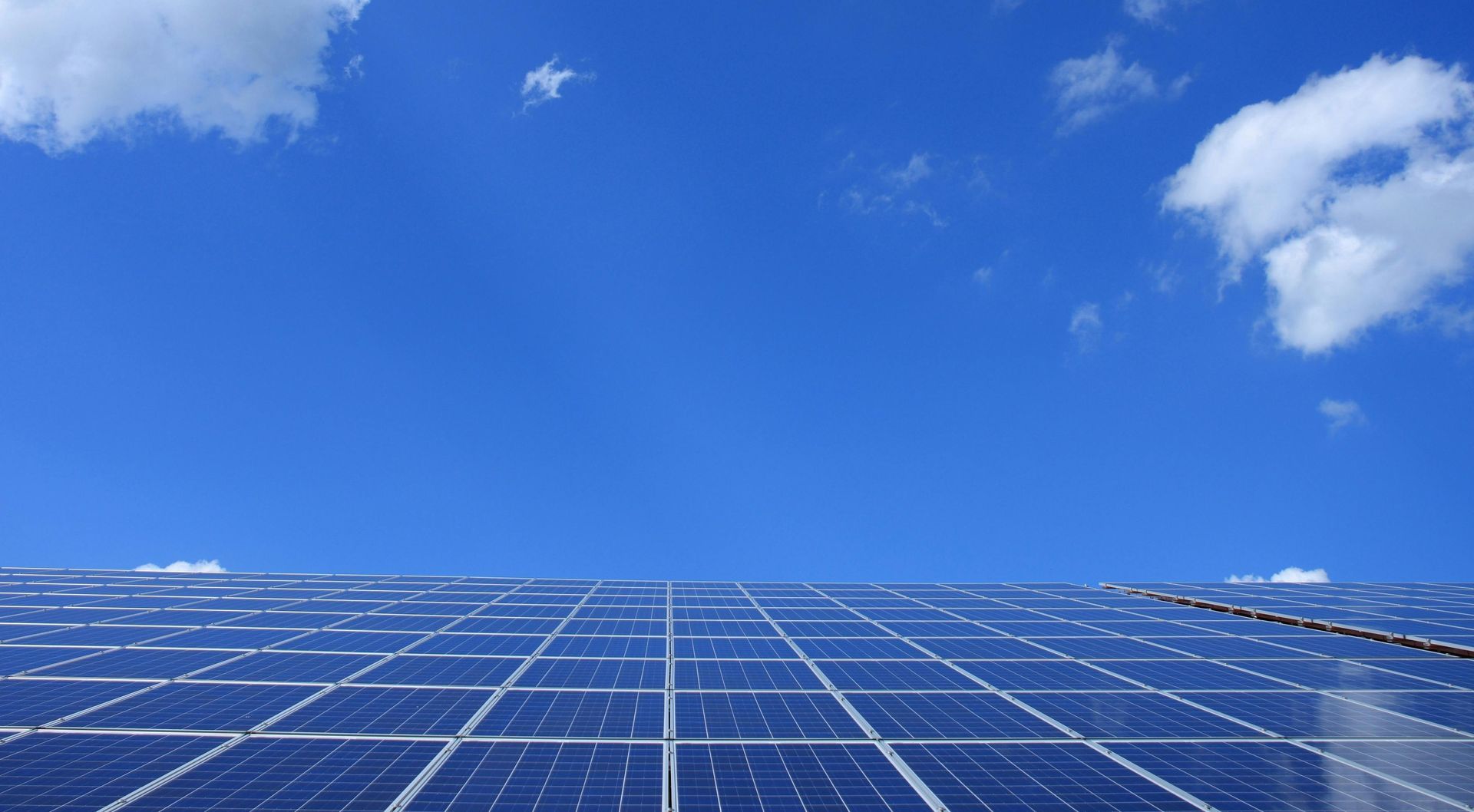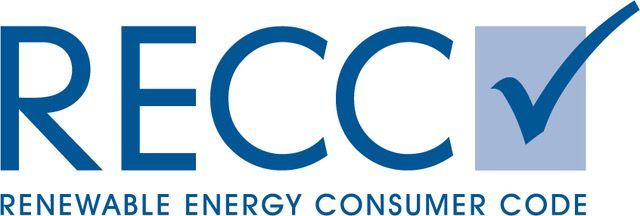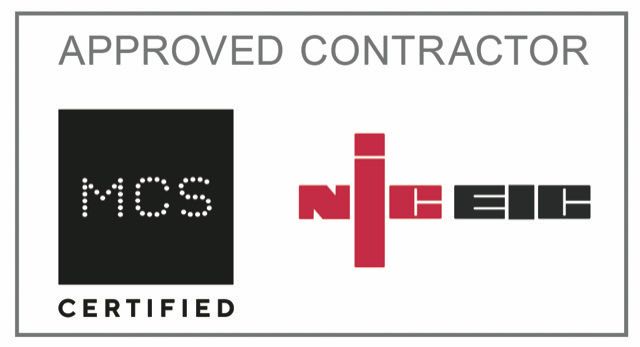Busting The Myths Of Solar Panels
Are The Myths You've Heard Right Or Wrong?
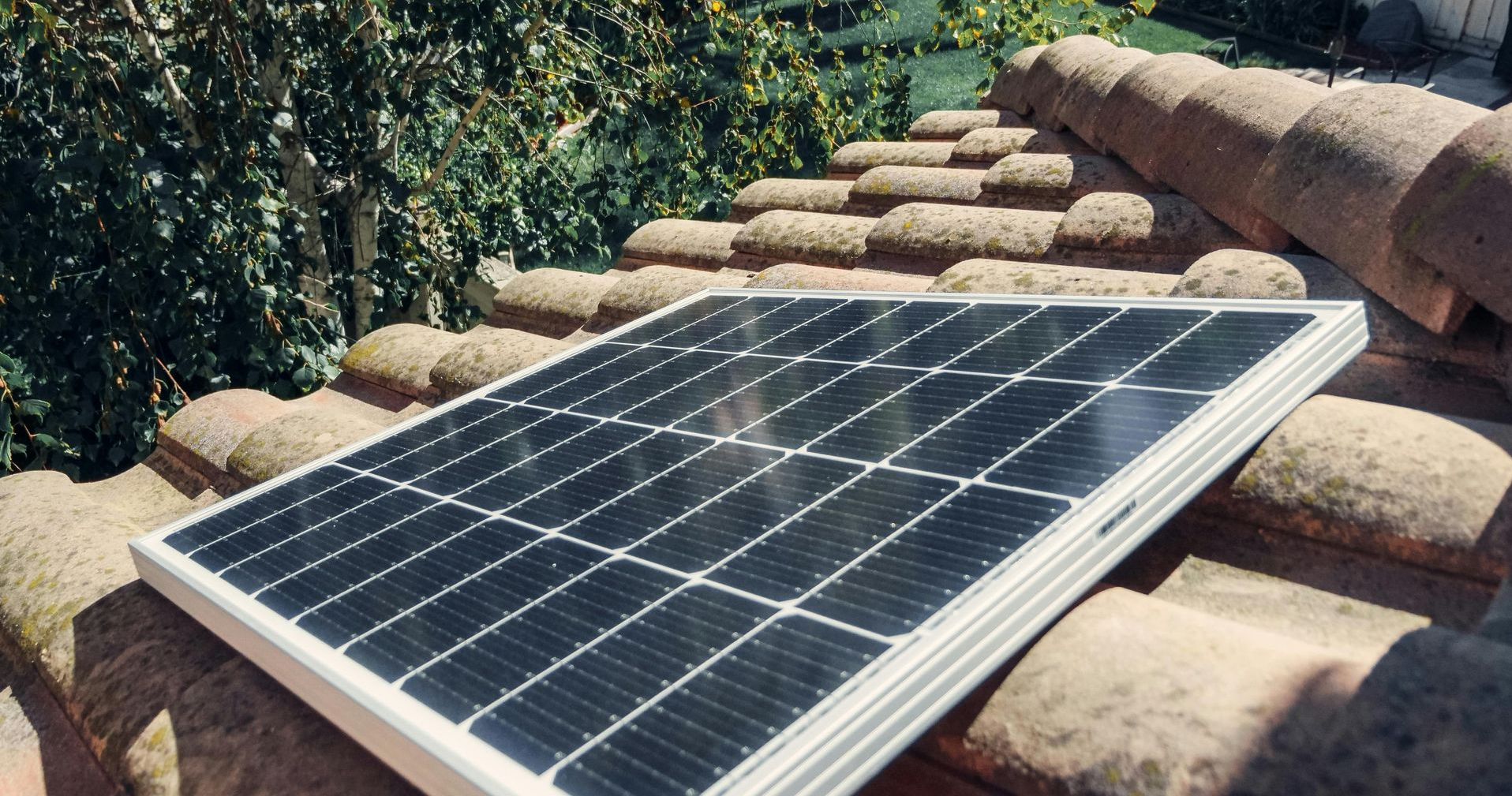
As solar energy becomes more popular, so do the myths and misconceptions surrounding it. Whether it’s skepticism about efficiency, cost or durability, misunderstandings and not knowing the truth can keep homeowners and businesses from making an informed decision. Here, we’ll debunk the most common myths about solar panels and shed light on the truth behind this clean energy technology.
Myth 1: Solar Panels Don’t Work in Cloudy or Cold Climates
One of the most widespread myths is that solar panels only work in sunny, hot places. In reality, solar panels generate electricity from light, not heat. That means they still function effectively even on overcast days. In fact, cooler temperatures can actually improve panel efficiency, as excessive heat can reduce their performance.
Countries like ours in the UK, known for their grey skies, are among the world leaders in solar adoption. What matters most is the total annual sunlight a region receives—not just the number of sunny days.
Myth 2: Solar Panels Are Too Expensive
While it’s true that solar panels were once a luxury investment, costs have dropped dramatically over the past decade. Thanks to advances in manufacturing, increased demand and Government incentives, solar energy systems are now more affordable than ever. Over time, the savings on electricity bills often outweigh the initial investment, making solar a financially sound decision for many homeowners.
Myth 3: Solar Panels Require Constant Maintenance
Another common misconception is that solar panels are high maintenance. In reality, solar energy systems have no moving parts and are built to withstand a wide range of weather conditions including snow, wind, and rain. Aside from occasional cleaning to remove dirt or debris and periodic inspections, solar panels require minimal upkeep. Most panels also come with warranties lasting 20 to 25 years, ensuring reliable performance and protection against defects or degradation.
Myth 4: Solar Panels Will Damage My Roof
Many homeowners worry that installing solar panels will involve drilling holes or compromising their roof’s integrity. However, when installed by qualified professionals, solar panels are safely and securely mounted without damaging the roof. In fact, solar panels can actually help protect your roof from weather damage by shielding it from direct sunlight, rain, and debris. And when installed correctly, they can even extend the life of the roof sections they cover.
Myth 5: Solar Energy Is Inefficient
Some critics argue that solar energy is inefficient compared to other sources. While early solar technology had limitations, today’s panels are far more efficient. Most modern solar panels convert 17–22% of the sunlight they receive into usable electricity, with premium models reaching even higher rates. Moreover, when used in combination with battery storage and smart inverters, solar energy systems can power homes reliably and reduce dependence on the grid, especially during peak usage times.
Myth 6: Solar Panels Don’t Work During a Power Outage
This one’s a bit of a half-truth. Grid-tied solar energy systems do shut off during a power outage for safety reasons—so they don’t send electricity back into the grid while line workers are making repairs. However, this doesn’t mean solar energy is useless during a blackout. Homeowners can install solar battery storage systems (like Tesla Powerwall) that store excess energy generated during the day. These batteries can then power your home when the grid goes down, offering energy independence and peace of mind.
Myth 7: Solar Panels Aren’t Environmentally Friendly
Some argue that the production of solar panels consumes more energy than they ever generate. This myth has been thoroughly debunked by multiple studies. On average, a solar panel “pays back” the energy used to produce it in just 1 to 3 years. Considering that most panels last 25+ years, their environmental return is significant. Furthermore, advances in recycling technology mean that end of life panels can be repurposed or recycled to recover valuable materials like silicon, glass, and aluminium.
Myth 8: Solar Is Just a Trend
Far from being a passing fad, solar energy is a major player in the global shift toward renewable energy. Solar is now the fastest-growing energy source worldwide, supported by governments, corporations, and homeowners alike. With innovations in solar technology, battery storage, and grid integration, solar energy is positioned to become a cornerstone of a sustainable future.
It's clear that misinformation can create unnecessary doubts and delay the adoption of clean, cost-effective energy solutions. Solar panels are a proven technology that continues to evolve, becoming more accessible and efficient every year. By understanding the facts and dispelling these common myths, you can make smarter decisions for your home, wallet, and the planet.
If you're ready to explore whether solar energy is right for you then get in touch and we'll come and look at your property, answer your questions and see what your options are.

